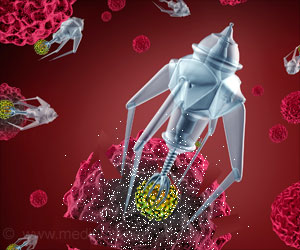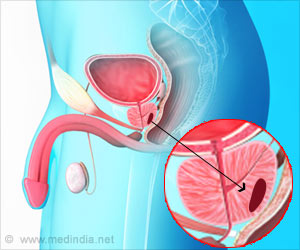
Cancer's Genome Doubling' Mystery Solved
The result is a mixing of genetic material that is normally kept separate, changing the position of genomic regions in the 3D space, known as “sub-compartment repositioning.” This sets the stage for the activation of oncogenes, which are genes that contribute to the development of cancer.‘Whole genome doubling or WGD is a condition where the entire set of chromosomes in a cell gets duplicated. WGD leads to genomic instability and occurs in 30% of all human cancers. ’
Tweet it Now
The researchers also found that the effects of WGD on chromatin organization are largely independent of chromosomal alterations, meaning that loss of chromatin segregation and chromosomal instability are complementary mechanisms that work together to promote cancer development. The work provides a new way of looking at the role of WGD and chromatin organization in the development of cancer. In the future, highly multiplexed single-cell molecular profiles, combined with barcoding technologies and new computational approaches, could help to further uncover what role disorganization of chromatin’s 3D structure plays in transforming a cell into a cancerous one.
Source-Eurekalert














